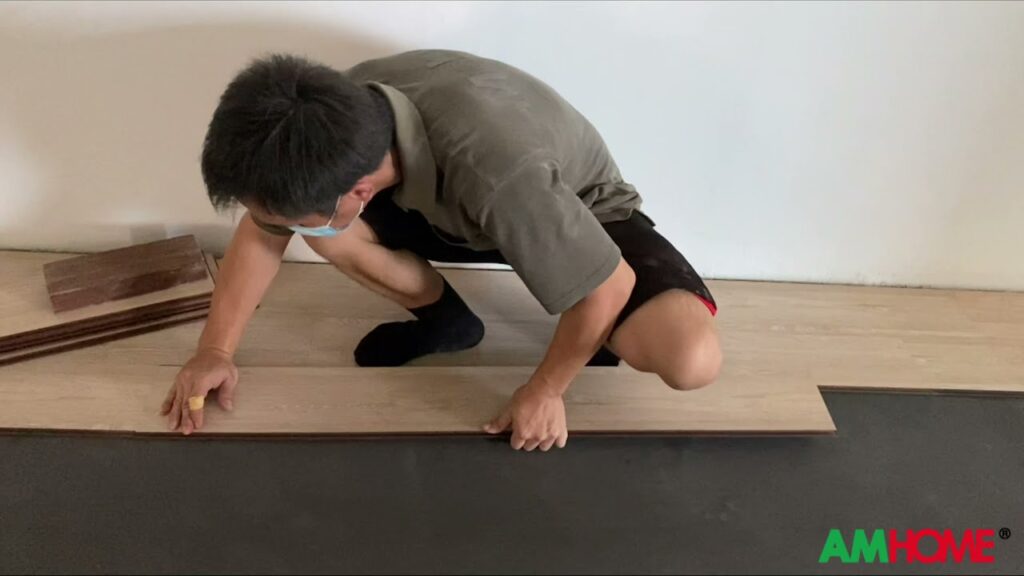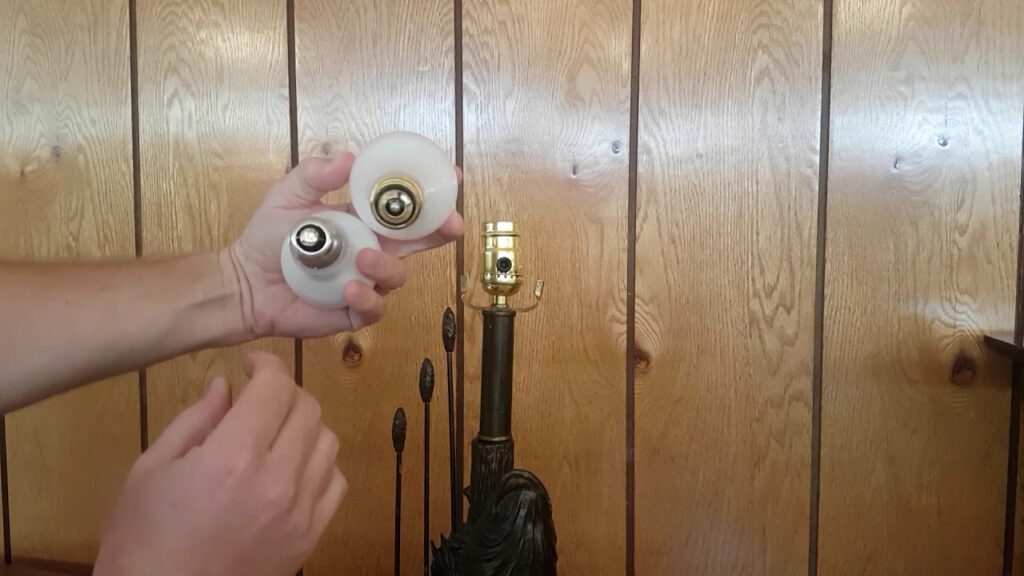Why Basement Waterproofing is Essential for Your Home
Basement waterproofing is a crucial step to protect your home from potential water damage. Without proper waterproofing, your basement is susceptible to flooding, which can lead to structural damage and mold growth. By investing in basement waterproofing, you can prevent costly repairs and maintain the integrity of your home.
Additionally, basement waterproofing can help preserve the value of your home. Potential buyers are often wary of homes with water damage or a history of flooding. By demonstrating that your basement is properly waterproofed, you can increase the appeal and marketability of your property.
Furthermore, basement waterproofing can also improve the overall air quality in your home. Water intrusion in the basement can create a damp environment that promotes the growth of mold and mildew. By keeping your basement dry and free from water damage, you can ensure a healthier living environment for you and your family.
In summary, investing in basement waterproofing is essential for protecting the structural integrity of your home, preserving its value, and ensuring a healthy living environment. By addressing potential water damage proactively, you can avoid costly repairs and enjoy peace of mind knowing that your home is well-protected against water intrusion.
Common Basement Waterproofing Problems and Solutions
1. Basement Leakage
One of the most common basement waterproofing problems is leakage. This can occur due to cracks in the foundation, improper drainage, or elevated groundwater levels. To address this issue, it is essential to identify the source of the leakage and seal any cracks in the foundation. Additionally, installing an effective drainage system and managing the surrounding landscape to redirect water away from the foundation can help prevent future leaks.
2. Mold and Mildew Growth
Excessive moisture in the basement can lead to the growth of mold and mildew, posing a health risk to occupants and compromising the integrity of the structure. To combat this issue, proper ventilation and dehumidification systems can be installed to regulate moisture levels. Waterproofing coatings and sealants can also be applied to the walls and floors to create a moisture-resistant barrier.
3. Sump Pump Failures
Sump pumps are commonly used to remove excess water from basements, but they can fail due to power outages, mechanical issues, or improper maintenance. To avoid potential flooding, it is crucial to regularly inspect and maintain the sump pump. Installing a backup power source and an alarm system can provide added protection in case of pump failure.
4. Poor Exterior Drainage
Improper grading and inadequate exterior drainage can lead to water pooling around the foundation, increasing the risk of water infiltration into the basement. Addressing this problem involves correcting the slope of the land surrounding the property and ensuring that gutters and downspouts effectively direct water away from the foundation.
By addressing these common basement waterproofing problems through proactive measures and appropriate solutions, homeowners can protect their property from potential water damage and create a safe, dry, and healthy living environment.
Benefits of Professional Basement Waterproofing Services
1. Prevents Structural Damage
Professional basement waterproofing services can help prevent costly structural damage to your home. By sealing cracks and applying waterproof coatings, these services create a barrier against water infiltration, protecting your basement’s foundation from weakening and deteriorating over time.
2. Reduces Health Risks
A waterproofed basement prevents the accumulation of moisture and mold growth, which can lead to respiratory issues and exacerbate allergies. By maintaining a dry and healthy environment, professional waterproofing services contribute to the overall well-being of your family and help prevent potential health hazards associated with damp basements.
3. Increases Property Value
Investing in professional basement waterproofing can increase the value of your home. A waterproofed basement provides added protection against water damage, making your property more attractive to potential buyers. Additionally, it can expand your usable living space, providing a competitive edge in the real estate market.
Overall, professional basement waterproofing services offer numerous benefits, including protection against structural damage, reduced health risks, and increased property value. Consider investing in these services to safeguard your home and enhance its long-term value.
DIY Basement Waterproofing: Tips and Tricks
1. Assess the Problem
Before diving into basement waterproofing, it’s crucial to first identify the source of the issue. Check for any signs of water seepage, such as moisture, mold, or musty odors. Inspect the exterior of your home for any cracks in the foundation or areas where water may be pooling. Identifying the root cause will guide your DIY waterproofing efforts.
2. Seal Cracks and Gaps
One of the most common sources of water intrusion in basements is through cracks in the walls or floors. Use a waterproof sealant to fill in any visible cracks and gaps. Pay close attention to areas around windows, doors, and utility penetrations. This preventative measure can help keep water out and protect your basement from potential damage.
3. Improve Drainage
Proper drainage is essential for keeping water away from your basement. Make sure your gutters and downspouts are clear of debris and effectively direct water away from the foundation. Additionally, consider installing a French drain or extending your downspouts to ensure that rainwater is carried away from your home, reducing the risk of basement flooding.
4. Use Waterproofing Paint
To provide an extra layer of protection, consider applying waterproofing paint to your basement walls. This specialized paint creates a barrier against moisture and can help prevent water from seeping through the walls. Be sure to properly prepare the surface before applying the paint for optimal results.
By implementing these DIY basement waterproofing tips and tricks, you can help safeguard your home against water damage and create a drier, healthier living environment. Remember to regularly inspect and maintain your waterproofing efforts to ensure long-term effectiveness.
Choosing the Right Waterproofing Materials for Your Basement
When it comes to protecting your basement from water damage, selecting the right waterproofing materials is crucial. Basement waterproofing materials come in a variety of options, each with its own advantages and ideal applications.
1. Waterproofing Membranes:
Waterproofing membranes are a popular choice for keeping basements dry. These membranes are applied to the exterior or interior walls of the basement and act as a barrier against moisture penetration. They are available in different materials such as rubberized asphalt, thermoplastic, and polyurethane. The choice of membrane depends on factors such as the location of the basement and the severity of moisture issues.
2. Waterproofing Coatings:
Waterproofing coatings are applied directly to the surface of the basement walls to create a protective barrier against water infiltration. These coatings can be made of substances such as acrylic, bituminous, or elastomeric compounds. Waterproofing coatings are cost-effective and relatively easy to apply, making them a practical option for many homeowners.
3. Drainage Systems:
In addition to barriers and coatings, drainage systems play a vital role in preventing water damage in basements. Proper drainage directs water away from the foundation, reducing the risk of leaks and seepage. Sump pumps, French drains, and exterior surface drainage are common components of an effective basement waterproofing system.
Selecting the right waterproofing materials for your basement requires careful consideration of factors such as the basement’s construction, the soil type, and the climate in your area. By choosing the appropriate materials and ensuring proper installation, you can safeguard your basement from water damage and create a dry, comfortable living space.


